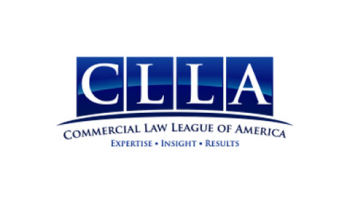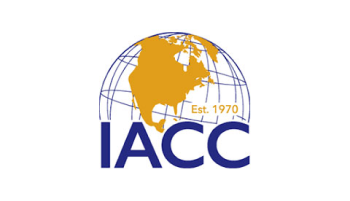California Supreme Court Holds That Lack of Jury Trial Right Is Insufficient to Reject Enforcement of Forum Selection Clause
USA July 24 2025 In EpicentRx, Inc. v. Superior Court, Case No. S282521, 2025 WL 2027272 (Cal. July 21, 2025), the California Supreme Court held that forum selection clauses may be enforced against California plaintiffs even when the selected forum — such as the oft-selected Delaware Court of Chancery — would not afford plaintiffs a right to a civil jury trial they would otherwise have had in a California court. This decision effectively overrules Handoush v. Lease Financing Group, LLC, 41 Cal.App.5th 729 (2019), in which the California Court of Appeal (First District) restricted courts from enforcing such clauses where […]



















